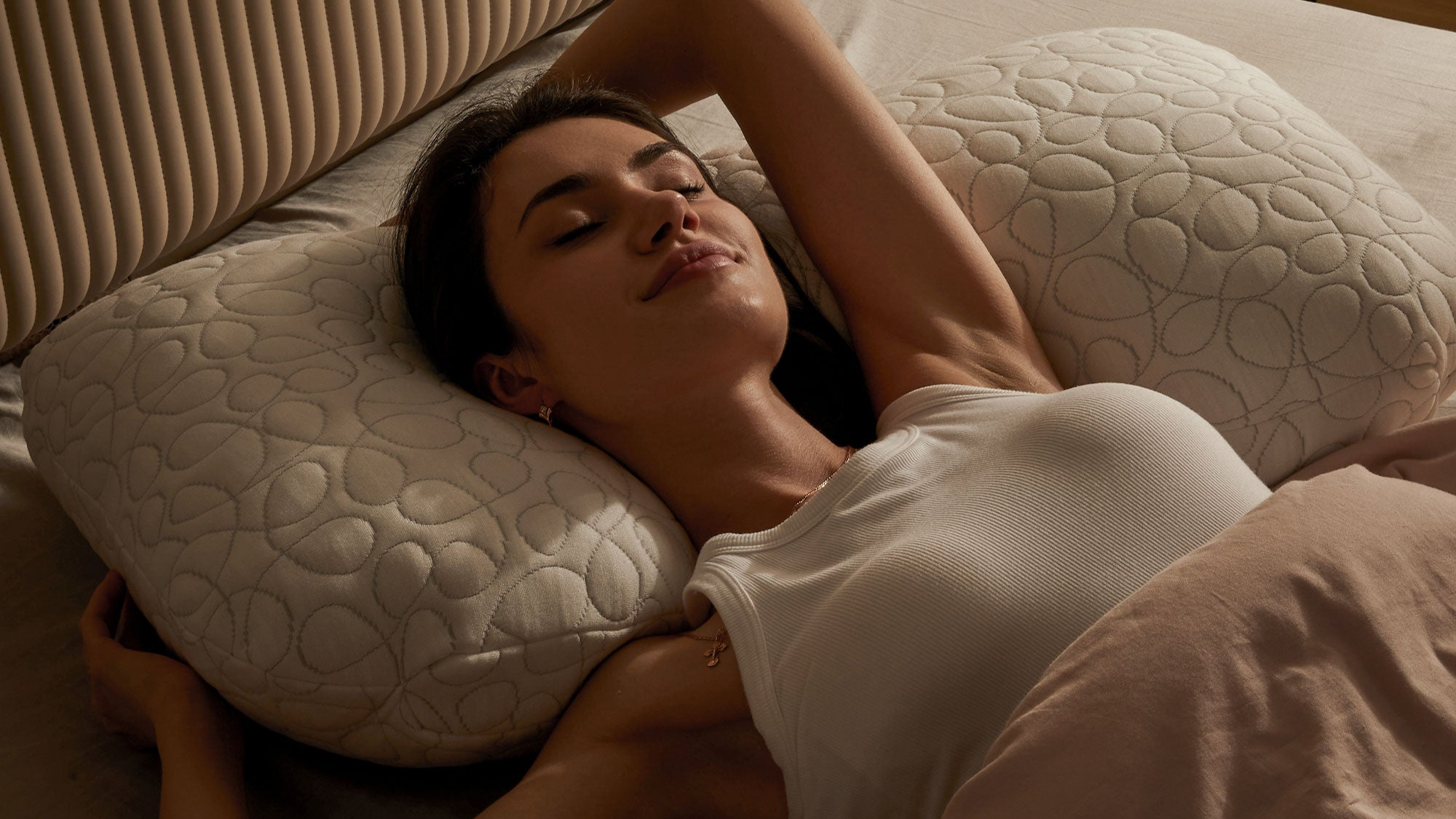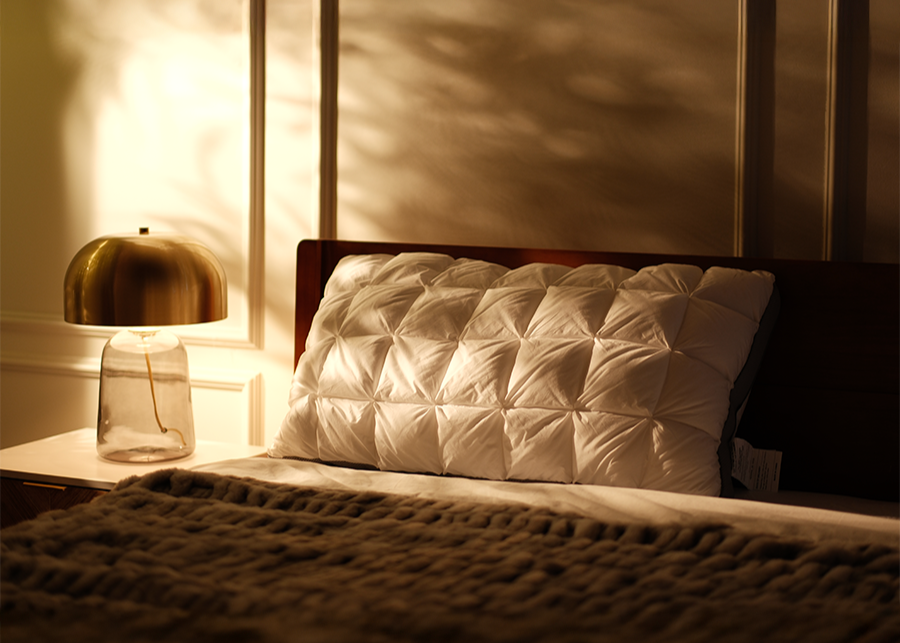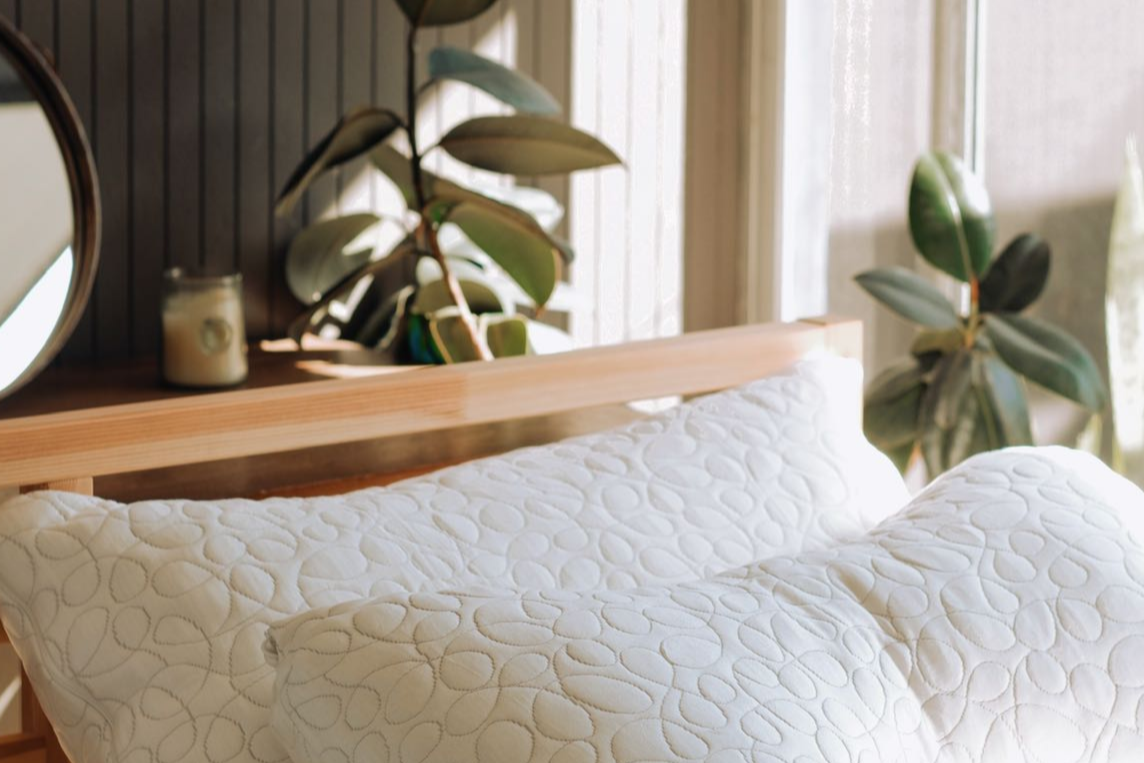Soft Pillows: Comforting Myths, Deeper Truths—What Your Neck Wishes You Knew
The Allure of Softness—And the Reality Beneath
Lights dim, a book opened, and the guideline for selecting your next soft pillow: Could sinking deep into a cloudlike cushion be the highway to better sleep? For years, the marketplace has enticed us to associate extreme plushness with premium restfulness. Stack the shelves with impossibly soft pillows—surely, the softer the better, right?
This instinct is understandable. A soft surface feels indulgent and soothing in-hand, a gentle press against weary skin at the end of the day. And yet, for countless individuals, those marshmallowy moments of comfort can fade quickly into restless tossing, neck kinks, or morning headaches that cast a pall over the day. The answer demands more nuance: Are classic soft pillows really what your body craves all night long?
Unmasking a Common Misconception
Soft pillows have something in common with sugary desserts—they feel instantly rewarding, but the effect doesn’t always last. The real question to ask isn’t, “Is this pillow soft?” but “Does this pillow genuinely support my neck and spine alignment through various sleep stages?”
- If a pillow collapses fully under the weight of your head, your cervical spine may lose the curve it needs for muscle relaxation and daytime repair.
- Chronic use of pillow-soft overstuffed options can overstretch the neck muscles, which can turn a sweet night’s sleep into a gradual accumulation of aches.
On the other hand, stiffer, unsupportive pillows are rarely a better answer. The goal isn’t firmness for its own sake, but calibrated support in the right anatomical zones. That’s why modern ergonomic solutions, such as Donahona’s Cervical Pillow, aim to blend resilience and softness in a targeted way—offering plushness for comfort, while maintaining healthy spinal posture as you shift positions.
Listening to Your Neck—Not Just Your Hands
Evolution gave us excellent sensors in our fingertips. But your palm’s reaction to a squishy pillow in a store can be deceptively different from your neck’s reaction at midnight on your side or back. It's wiser to evaluate pillows by their sleeping performance, not just a first touch.
For many, soft pillows seem irresistible because of marketing promises—and because discomfort accumulates subtly. Studies suggest a poorly supportive pillow might take weeks or months to show its true cost in tension headaches, stiff mornings, or shoulder soreness. If this sounds familiar, consider that a better alternative could exist which combines softness with true neck support. If you’re uncertain whether softness is serving you, we’ve taken a closer look at hidden comfort myths in our piece on soft pillow myths.
Warmth, Comfort, and the Science of Support
Deep comfort isn’t shaped by softness alone. Materials that mold, cradle, and spring back redirect pressure points—transforming cushioning into active support. Cervical pillows are engineered with this philosophy: filling that feels gentle, but resilient, distinguishes luxury from regret. The cervical pillow from Donahona was specifically designed to deliver this harmony. If you want to learn what kinds of materials and designs matter behind the fluff, discover the science behind pillow design as explored here in detail: pillow design and sleep quality.
Next time you reach for softness, pause and check—will this serve your neck and spine long after the first ten minutes? Comfort is deeper than a fleeting touch, and upgrading how you support your head each night might deliver the best sleep you never knew you were missing.








Leave a comment
This site is protected by hCaptcha and the hCaptcha Privacy Policy and Terms of Service apply.